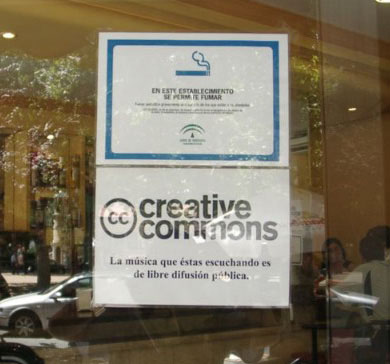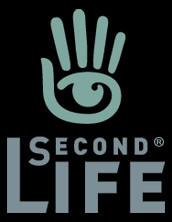Computers in movies
 I've just read an excellent article about cinematic depiction of computer use in The Guardian. This is a topic of endless derision from techies and geeks all over the world. The article mentions that the balance can be tricky. In one hand we have the most realistic depiction of computers in film, Antitrust, which is a stinker of a movie. I mean, open source is not really the stuff of emotionally charged thrillers, is it? (to be fair, Revolution OS is a pretty good documentary).
I've just read an excellent article about cinematic depiction of computer use in The Guardian. This is a topic of endless derision from techies and geeks all over the world. The article mentions that the balance can be tricky. In one hand we have the most realistic depiction of computers in film, Antitrust, which is a stinker of a movie. I mean, open source is not really the stuff of emotionally charged thrillers, is it? (to be fair, Revolution OS is a pretty good documentary).
On the other hand, the most ludicrous computer plot device in history, Independence Day, did very well at the box office. I mean, who in their right mind could believe that we would ever devise a computer virus that could infect an alien computer system? From a Mac? Try opening Mac or Linux files with your Windows OS and see your PC explode! Hey, maybe the aliens were using Macs. That would explain a lot... but I digress.
Computer expert Jakob Nielsen has come up with the top ten computer usability bloopers in film (the links are mine):
1. The Hero Can Immediately Use Any UI. "Break into a company -- possibly in a foreign country or on an alien planet -- and step up to the computer. How long does it take you to figure out the UI and use the new applications for the first time? Less than a minute if you're a movie star."Any other examples?
2. Time Travelers Can Use Current Designs. "An even worse flaw is the assumption that time travelers from the past could use today's computer systems. In fact, they'd have no conception of any of modern technology's basic concepts, and so would be dramatically more stumped than the novice users we observe in user testing. Even someone who's never used Excel at least understands the general idea of computers and screens."
3. The 3D UI. "3D is for demos. 2D is for work."
4. Integration is Easy, Data Interoperates. "In movieland, users have no trouble connecting different computer systems. Macintosh users live in a world of PCs without ever noticing it (and there were disproportionally more Macs than PCs in films a decade ago, when Apple had the bigger product-placement budget)."
5. Access Denied / Access Granted. "Countless scenes involve unauthorized access to some system. Invariably, several passwords are tried, resulting in a giant "Access Denied" dialog box. Finally, a few seconds before disaster strikes, the hero enters the correct password and is greeted by an equally huge "Access Granted" dialog box."
6. Big Fonts. "In addition to the immense font used for "Access Denied" messages, most computer screens in the movies feature big, easily readable text. In real life, users often suffer under tiny text and websites that add insult to injury by not letting users resize the words."
7. Star Trek's Talking Computer. "The voice-operated computer in Star Trek is an even more egregious example of designing an audience interface rather than a user interface. Spoken commands and spoken responses make it easy for the audience to follow the action, but it's a very inefficient way of controlling a complex system."
8. Remote Manipulators (Waldo Controls). "In practice, there's a reason we use steering wheels to drive cars instead of joysticks, touchpads, or push-buttons. The steering wheel is an excellent input device for fast and accurate specification of directionality."
9. You've Got Mail is Always Good News. "In the movies, checking your mail is a matter of picking out the one or two messages that are important to the plot. No information pollution or swamp of spam. No ever-changing client requests in the face of impending deadlines. And you never overlook information because a message's subject line violated the email usability guidelines."
10. "This is Unix, It's Easy". "In the film Jurassic Park, a 12-year-old girl has to use the park's security system to keep everyone from being eaten by dinosaurs. She walks up to the control terminal and utters the immortal words, "This is a Unix system. I know this." And proceeds to (temporarily) save the day."

 del.icio.us
del.icio.us



























